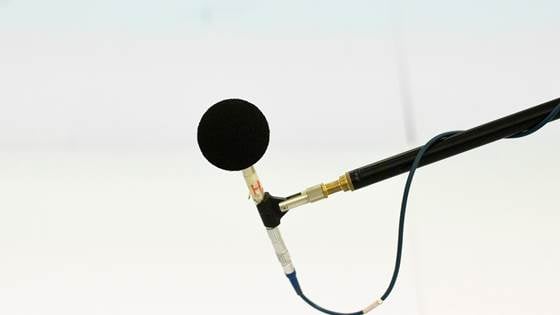
Acoustics
We are surrounded by sound all the time. It affects our well-being and how we experience our surroundings, as well as our ability to communicate and concentrate.

We are surrounded by sound all the time. It affects our well-being and how we experience our surroundings, as well as our ability to communicate and concentrate.
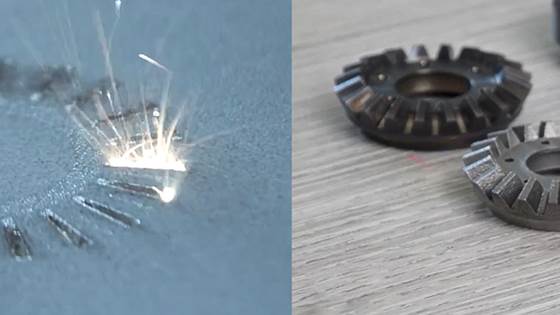
Additive manufacturing (AM, often referred to as"3D printing") is a class of fast-growing production technologies which provide new opportunities for the industry and other sectors, such as healthcare. SINTEF has many activities in the AM field...
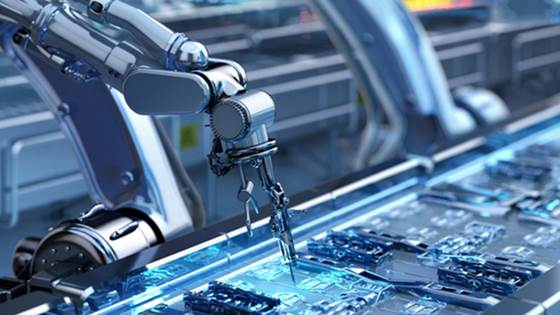
Advanced manufacturing involves using innovative technologies and processes to streamline production, enhance quality, and reduce costs. And sometimes doing things in a completely new way.
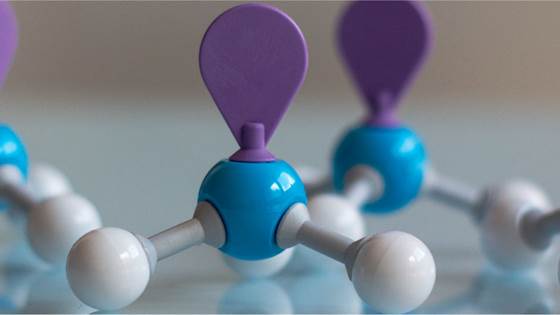
Ammonia is increasingly being considered as a promising zero-emission alternative fuel for decarbonising the maritime sector.
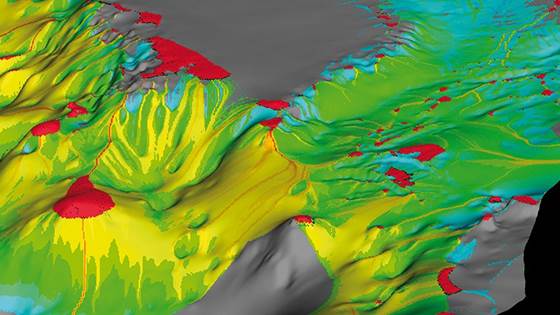
Applying geological, geophysical expertise and developing our in-house software we can model all elements of a petroleum prospect (from source rock, expulsion, migration, and trap, seal or cap rock). This can be used to evaluate and minimize...
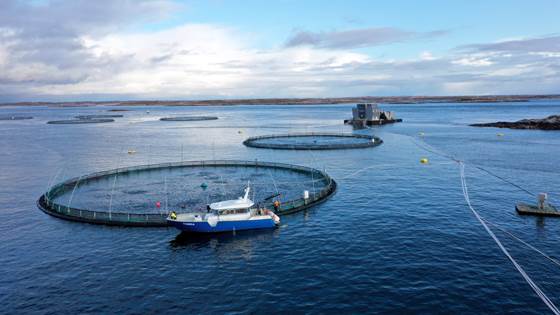
Aquaculture involves the farming of fish and other marine animals, as well as the cultivation of things such as seaweed and kelp. This complements the catch-based marine resources, such as fishing, and will be a significant contributor to the future...
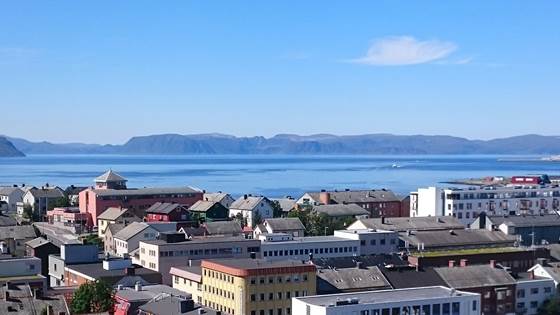
Architecture and area development is an interplay between people, surroundings, and technology. We aim to create robust, inclusive, and sustainable buildings and areas of good quality.
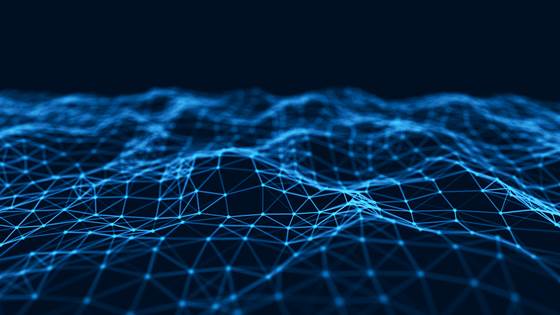
Today humans are surrounded by breakthroughs within the field of Artificial Intelligence. Algorithms based on artificial intelligence recognises text, speech, sounds and images – and they are changing the shape of our common future.
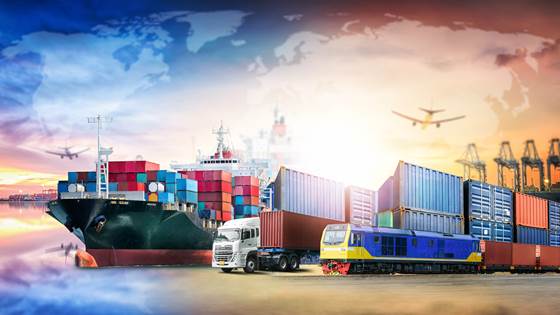
Automation can make transportation of people and goods safer, more environmentally friendly and more efficient.

Norway’s geography leads to an inefficient land based transportation system. Therefore, both domestic and international aviation play a key role in enabling mobility.
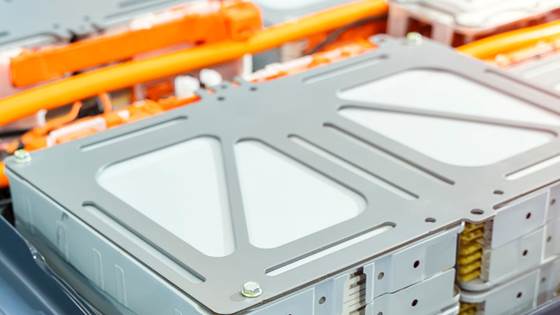
SINTEF performs research covering large parts of the battery value chain.

In the future, data will be a key economic asset. The ability to manage and extract value from proprietary data will provide industry players with a competitive advantage, making these data key drivers of economic growth and job creation.

Bio economics is concerned with the economics of producing and processing renewable biological land-based and marine resources, often in connection with a shift to (more) sustainable principles. We develop models for decision support for various bio...
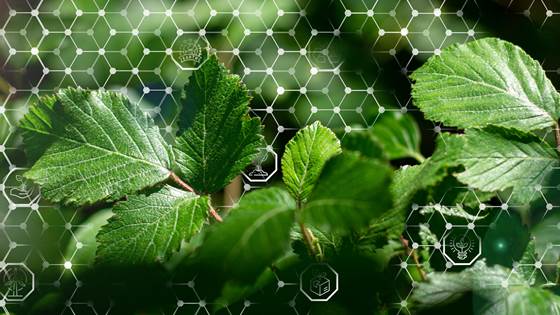
Every day, biodiversity – our strongest natural defense against climate change, is threatened by different human activities. At the same time, we need to drive innovation further to develop new solutions to mitigate for climate change.

SINTEF has decades of research experience in environmentally friendly and energy- and cost-effective bioenergy
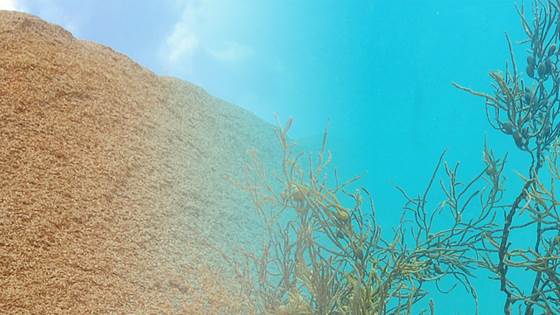
SINTEF has many activities related to processing and utilization of marine- and land-based biomass. Research on land-based biomass mainly focus on the use of residues from agriculture and forestry as raw materials for production of bio-based...
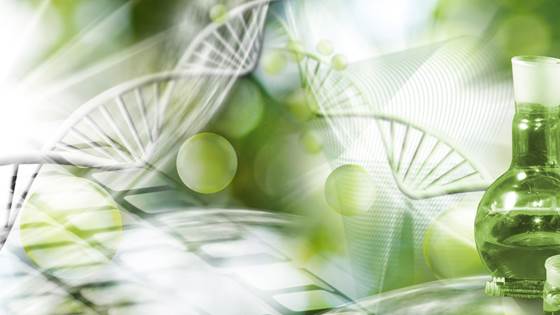
Biotechnology and nanomedicine are key enabling technologies for various sectors of society and multiple industries.
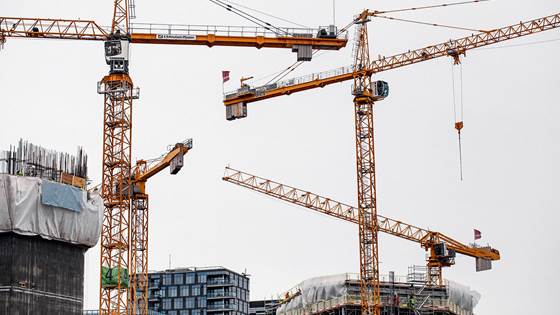
SINTEF conducts research, project investigation, consultancy and third-party control of most types of constructions. We see constructions and physical infrastructure in a life cycle perspective.
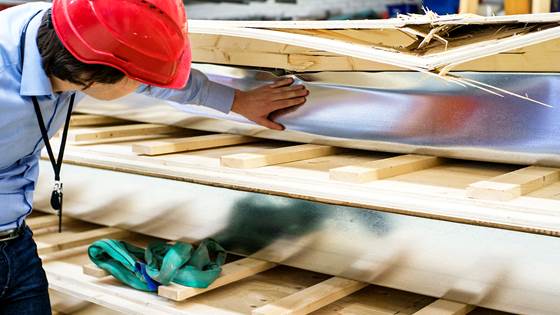
We develop new, sustainable building materials in collaboration with the construction industry.
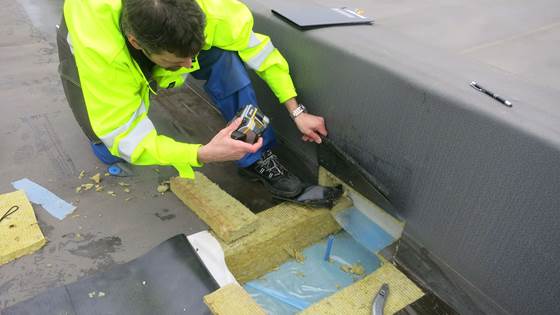
Building physics is about the transport of heat, moisture and air in materials, building components and buildings. Together with the construction industry, we work to understand and manage these processes, especially in roofs and external walls.
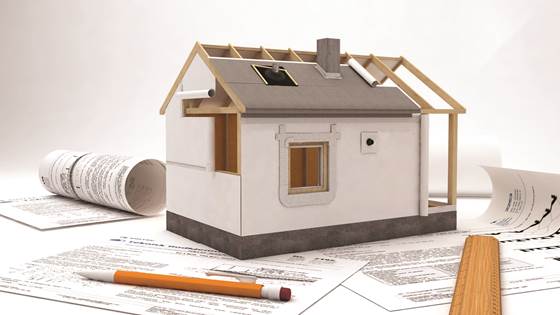
A good building process is a criterion for a successful, high-quality building and satisfied users.
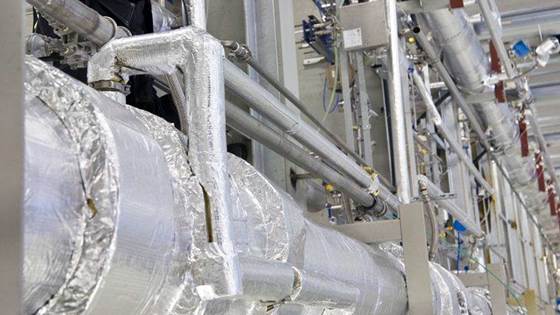
For decades, SINTEF has closely collaborated with the industry on a wide range of technologies to develop solutions for carbon capture, storage, and utilization, thereby contributing to significant reductions in greenhouse gas emissions.
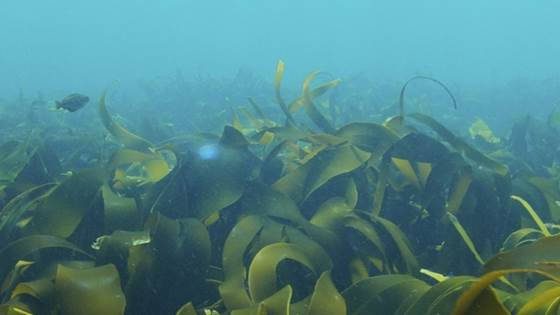
Circular bioeconomy means that we are able to recycle most of the biological waste we throw away. For example, leftover food, wood and leather products.
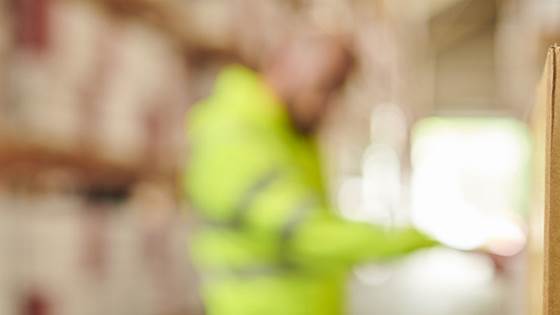
A circular economy aims to keep products, components, and materials at their highest utility and value at all times.
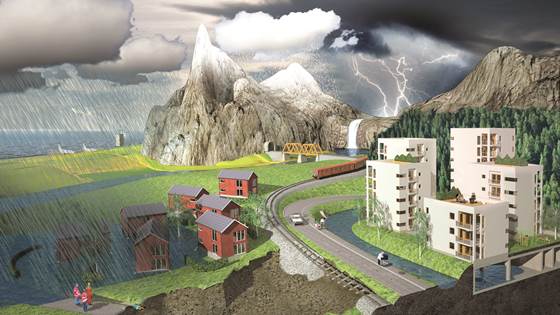
The Norwegian climate has always set the premises for the design of buildings. In addition, global warming is now increasing the vulnerability of the built environment, and building structures and infrastructure in parts of the country must withstand...
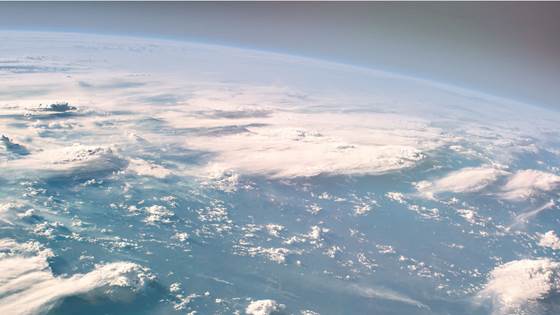
If we are to succeed with limiting the increase in global temperatures to 1.5°C, we need to remove greenhouse gases from the atmosphere.
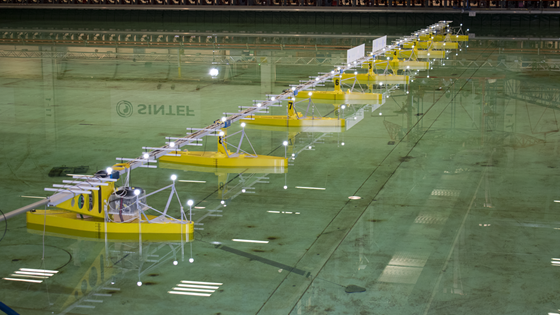
The sea can provide solutions to many of the global challenges we face. Today's and future coastal structures are promising technologies in the transition to a zero-emission society.
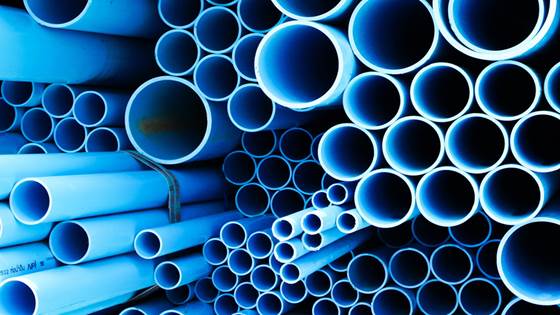
SINTEF has expertise throughout the entire value chain from manufacturing to finished product for all types of plastics such as thermoplastics, thermoplastics, plastics composites, elastomers and gels.
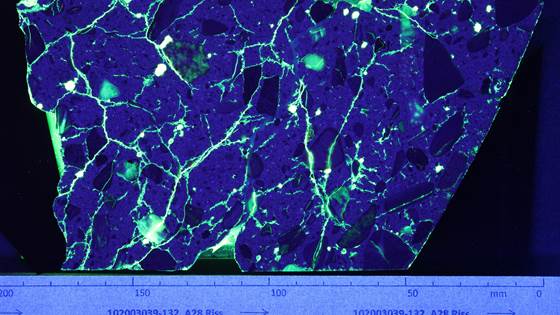
SINTEF has the professional capacity and expertise needed to solve any task concerning concrete, from small assignments to large R&D projects.

Digitalization has the potential to make the construction industry more sustainable and profitable.
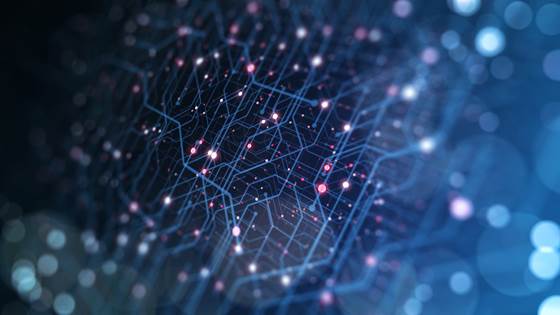
Digital twins and mixed reality are reshaping the future of employment.

What exactly is digitalisation? Digitalisation involves using technology to improve, simplify, and innovate. It's about offering new and improved services that facilitate increased value creation and innovation.
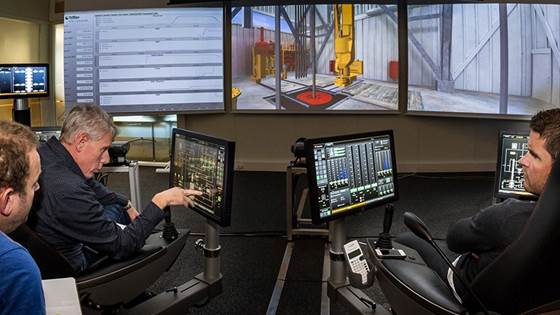
SINTEF combines theoretical work with laboratory experiments and field experience, and focuses on making results from the work available for operational team, in order to contribute to faster, safer and cheaper drilling and well operations while also...
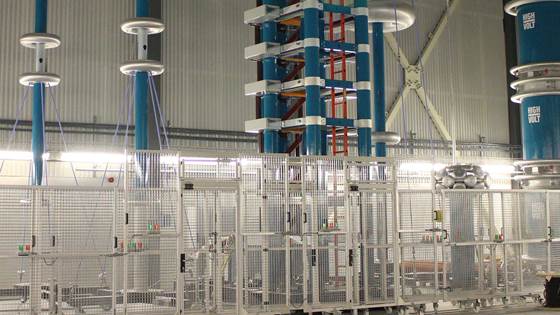
Reliable electric power components in the transmission and distribution grid are crucial for the power system’s ability to provide society with secure, sustainable and competitive electricity at any one time.
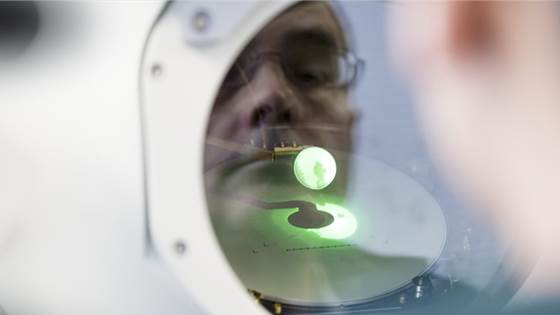
Our research on advanced materials and nanotechnology contributes to solutions to major societal challenges and provides new business opportunities.
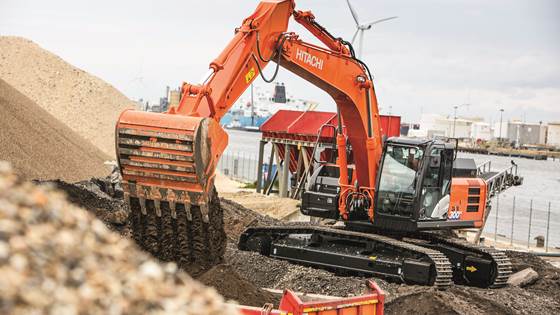
SINTEF collaborates with the construction industry to reduce greenhouse gas emissions related to construction activities and develop zero-emission solutions and new technologies.
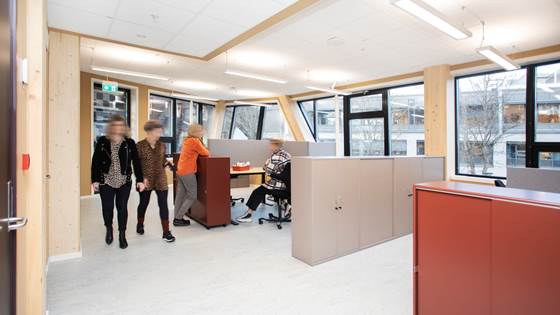
Buildings account for forty percent of the total energy consumption in Norway. In order to solve the electricity crisis and reach the climate targets, we must improve energy efficiency.
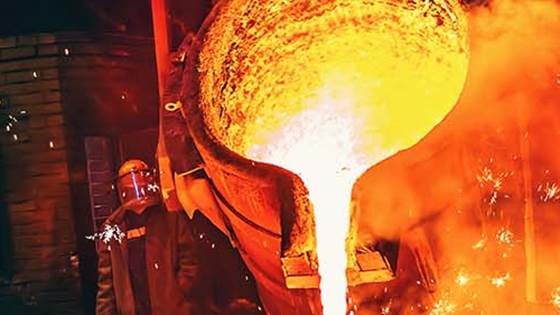
The greenest energy is the type you never use.
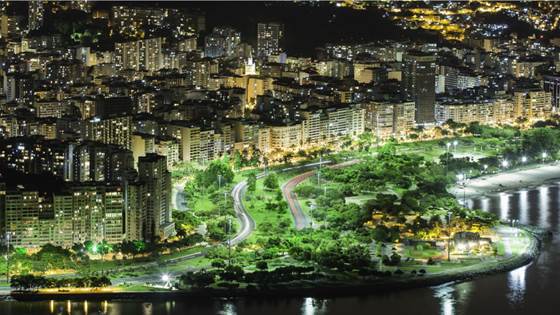
SINTEF contributes to a reliable, environmentally friendly and cost-effective energy system
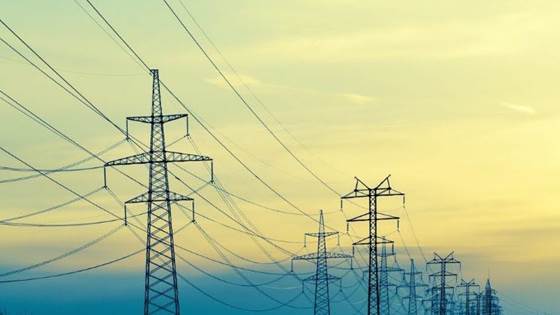
We help in creating a modern, sustainable and greener energy system analysis for the future.
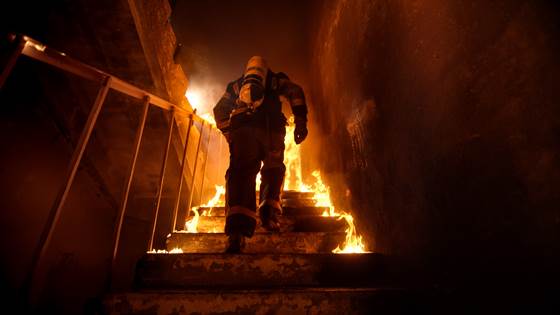
We develop fireproof solutions for buildings and infrastructure. In addition, we conduct research on health risks of those who extinguish fires.

An efficient, selective and sustainable fishery ensures that marine resources can be utilised both now and in the future.

We participate in developing future transport systems.
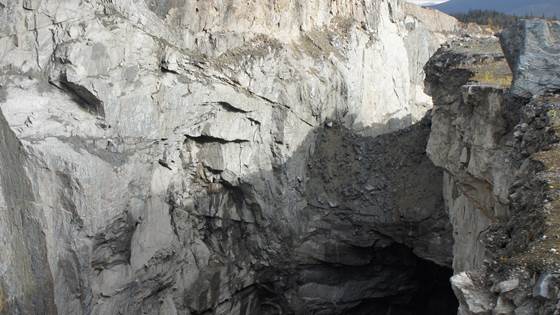
We conduct research, consulting, laboratory and field investigations, numerical analyzes as well as risk and vulnerability analyzes within:
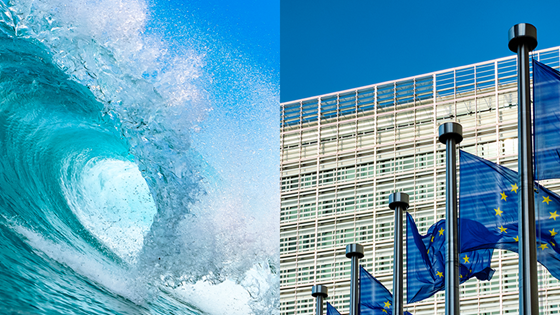
The Ocean covers 70% of Earth, and consists of a mosaic of different governance constellations that Norway, and Norwegian research and industries, have to work within.
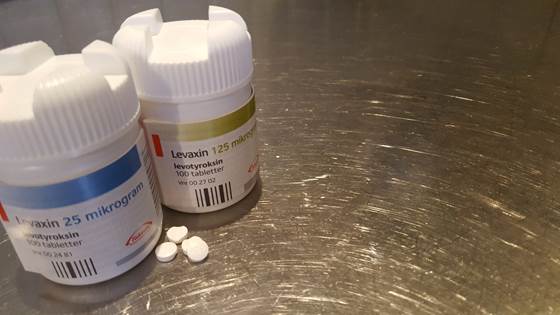
The health care sector has great potential for improved utilization of already scarce resources, while facing ever increasing demand from a growing population. We contribute to improved quality and resource utilization through our expertise in...

It will not be possible to extend the current health and wellbeing services without research and innovations aiming to improve care quality and provide more efficient operation, diagnostics, and treatment.
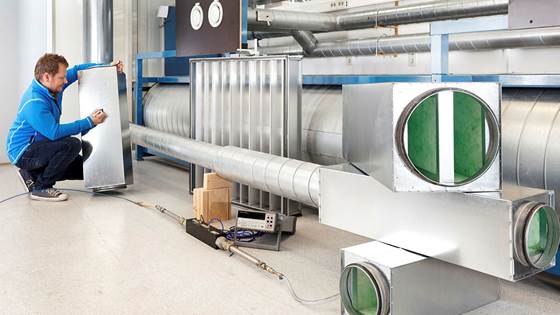
We help our customers create a better and more productive indoor environment in homes, schools, and commercial buildings.
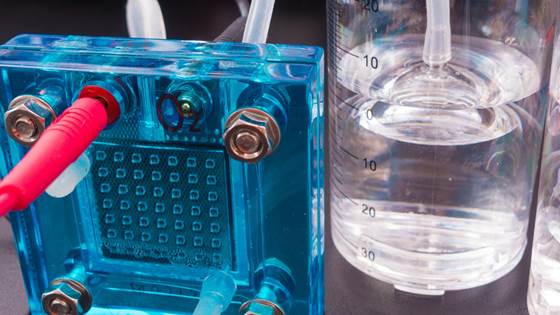
As a fuel, hydrogen is powerful enough to launch NASA’s space shuttles.

We work together with our customers to achieve efficient hydropower production that also respects nature, the local environment and wildlife.
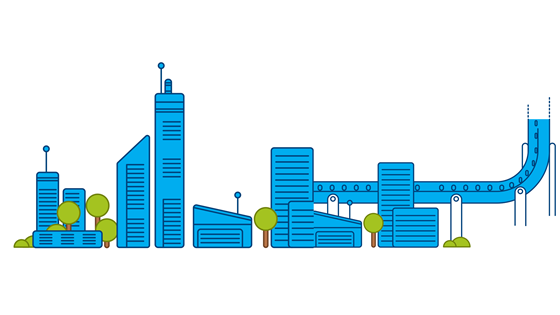
SINTEF Hyperloop: Capsules floating in air-tight pipelines at superspeed.
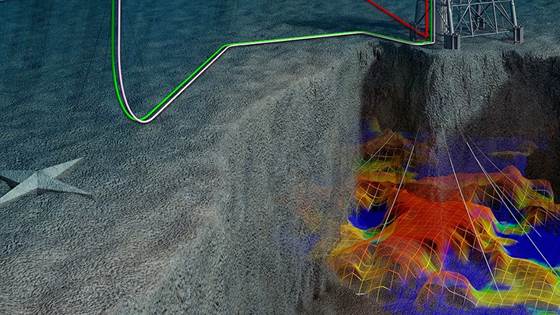
About half of the oil in known North Sea fields has been produced and finding more is becoming increasingly difficult. A good alternative is to find means of extracting the remaining known oil, i.e. Enhanced Oil Recovery. SINTEF's research in this...
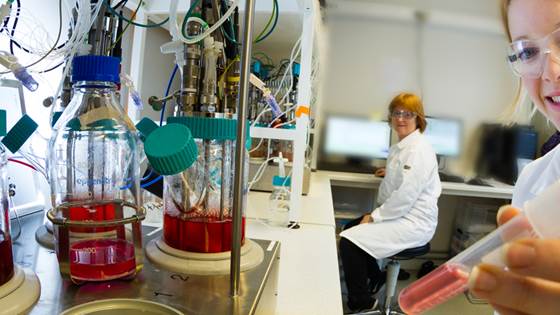
SINTEF's initiative within Industrial biotechnology contributes to ensure a future sustainable bio economy. In Industrial biotechnology enzymes and microorganisms are used to create products in the fields of fine- and bulk chemicals, pharmaceuticals...

Digitalisation in the industrial sector means that previously isolated ICT systems are now being linked to the internet, enabling us to exploit both historical and real-time data, stimulate more efficient production and operations, and automate a...
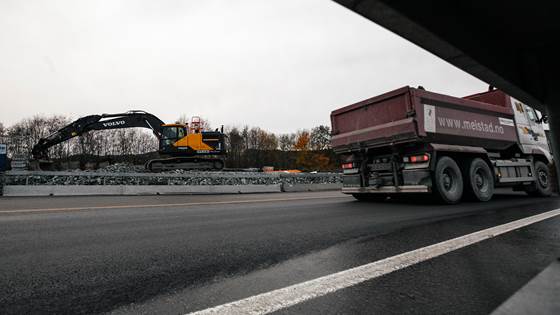
The construction industry is going through a major transformation to become more efficient and climate- and environmentally friendly. We must take better care of the infrastructure and resources we have, while there is also a need for development and...

The future energy system must support and facilitate a zero-emission society.
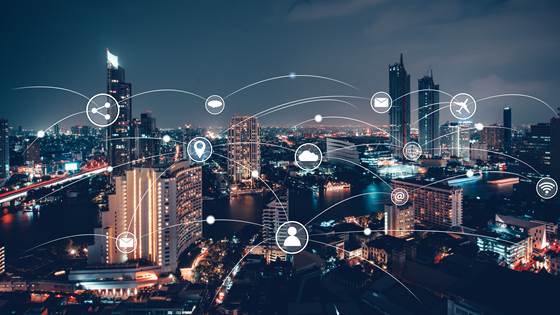
The internet of Things (IoT) is the technology that links our various devices to the internet and makes them intelligent. Cars, fridges and workplace production systems are just a few examples of things that can be made to communicate with each other...
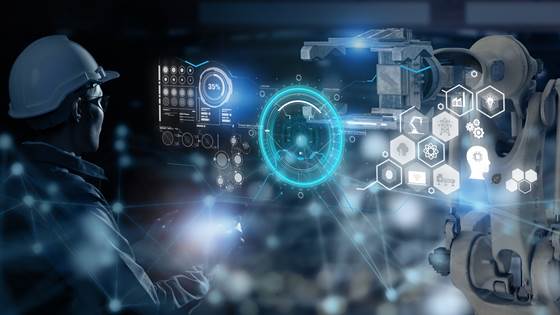
Manufacturing is the process of transforming raw materials into finished products. Our research provides sustainable solutions and competitive advantages for the manufacturing industry.

Marine ecosystems include biotic organisms and abiotic elements the free water masses and the seabed in all sea areas from fjords and coastal areas to the open sea.
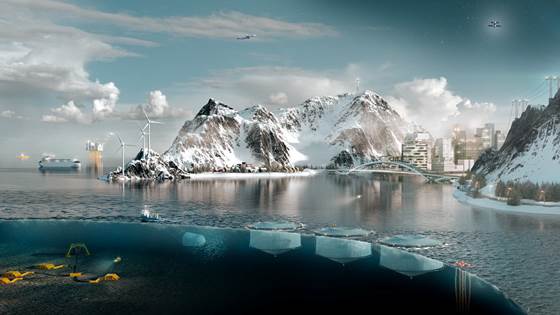
Marine operations include traditional shipping, offshore operations and aquaculture operations. SINTEF offers solutions to analyze different types of marine operations. These solutions include model trials and numerical simulations.
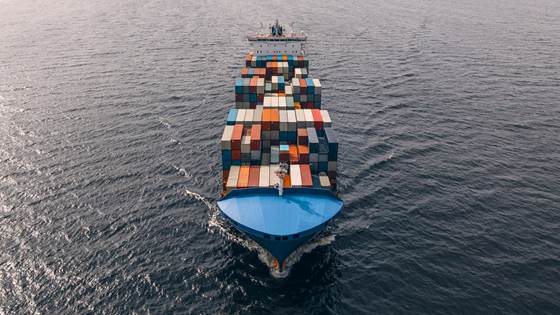
Globalisation, population growth and better living standards are leading to ever-increasing world trade and transport needs. Maritime transport is the most energy efficient form of transport, accounting for 80% of the world’s freight. Norway is one...

Nanotechnology and advanced materials will have a significant impact on solving the grand challenges of our global society and create new business opportunities for existing and new industries.
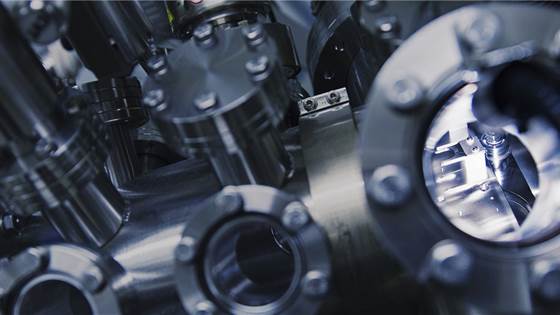
SINTEF unites world-leading expertise in understanding of material properties, to the requirements of the end-products characteristics.

Mathematics and technology are inextricably linked, with advances in one field driving innovation in the other. Mathematics underpins algorithms and data analysis techniques are used across a diverse range of industries, while technology has...
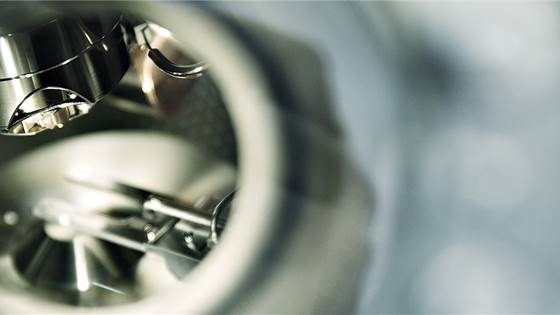
Norwegian Aluminium and ferroalloys industries are today the cleanest and most energy-efficient in the world, resulting from a long tradition for continuous innovation, where SINTEF has played an important role.
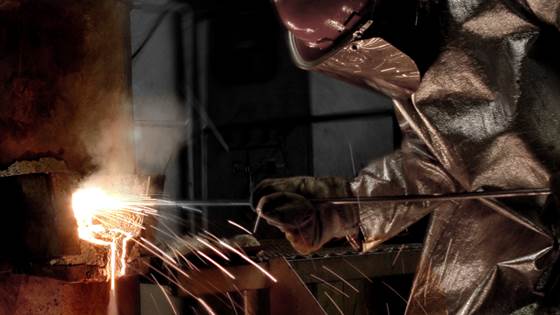
SINTEF has expertise along the entire value chain from manufacturing to product for most industrial metals and metal alloys.

Microchips play a critical role in our technological development. They act as the "brain" in almost all modern technology and are of far greater significance to society than many might realize.
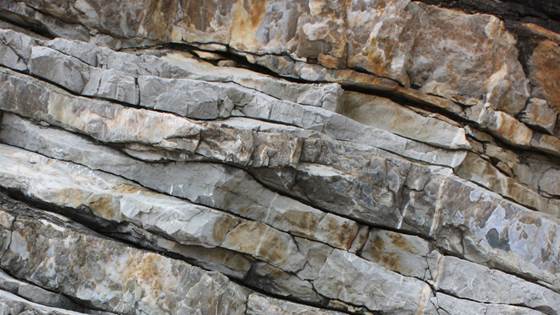
With the green and digital transition, the demand for various minerals is increasing. We need to extract, recycle, and recover more.
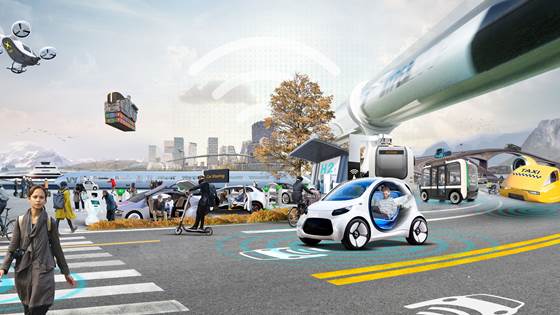
In 2030, green mobility will be one of the most important business areas in the world.
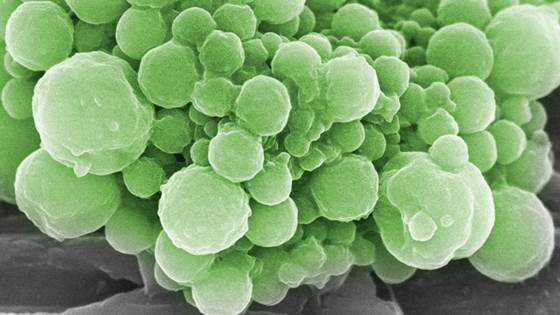
Nanomedicine is the use of nanotechnology to prevent, diagnose and treat illness. SINTEF collaborates with industry and research organisations to develop nanomedicines for hard-to-treat diseases ranging from cancer to severe infections.
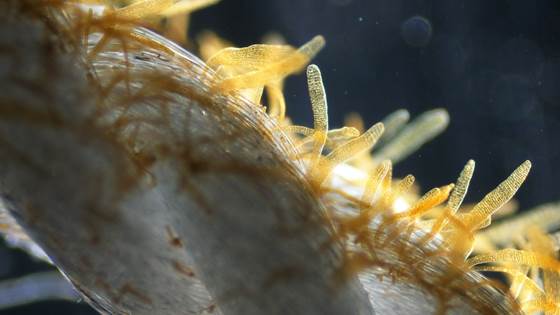
New ways of using biomarine resources can play an important role in the green shift. At SINTEF, we develop enabling technologies for the industrial utilisation of new biomarine resources.
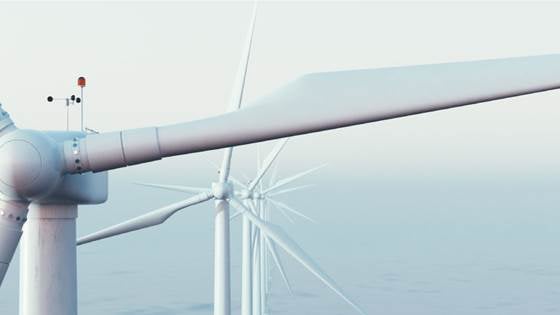
Making offshore wind power the cornerstone of the future energy system
Operations management is at the core of every organisation. It concerns how companies deliver to its customers at the right time, cost and quality. Productivity is created in an interplay between people, technology and processes. Operations...
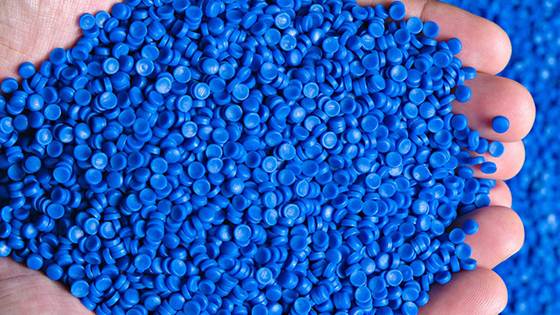
Plastics are an integral part of modern life, but their environmental impact, especially on marine ecosystems, is a growing concern. At SINTEF, our multidisciplinary research on plastics encompasses a broad spectrum of scientific disciplines and...
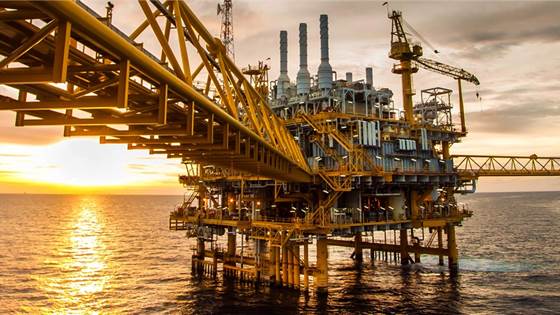
SINTEF verifIES scientifically the validity of selected concepts and emerging plug and abandonment (P&A) technologies.

SINTEF works closely with industry and academia with the aim of reducing and eliminating emissions, cutting costs, making industrial processes more green and sustainable.
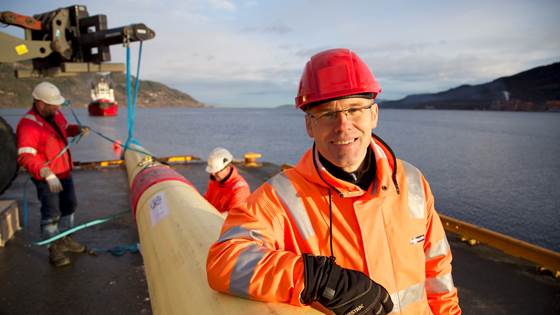
Production from new fields faces steadily more demanding conditions: deeper water, greater distances to existing infrastructure, and harsh environments. Existing fields also have complex challenges, including rising water cut and falling pressure...
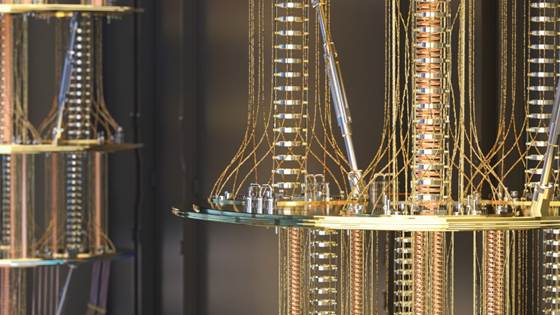
Quantum technology will revolutionize the world. SINTEF ensures that businesses, industry, and society can participate in its development and continuously benefit from technological advancements.

Railways play a crucial role in modern transport infrastructure, and SINTEF is at the forefront of research and development in this field.
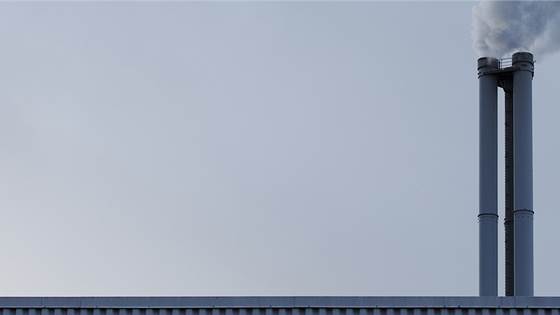
SINTEF has over 30 years experience in working with industry on upgrading, processing and conversion of oil and gas feedstocks through refinery and petrochemical processes. This spans from atom-scale to process-scale modelling, through lab-scale R&D...
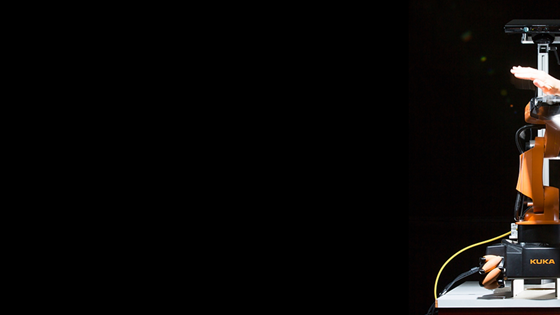
Robotics and autonomy are pawing its way into new usage areas. SINTEF contributes with expertise, technology and infrastructure to create sustainable robotic solutions for both industry and the public sector.
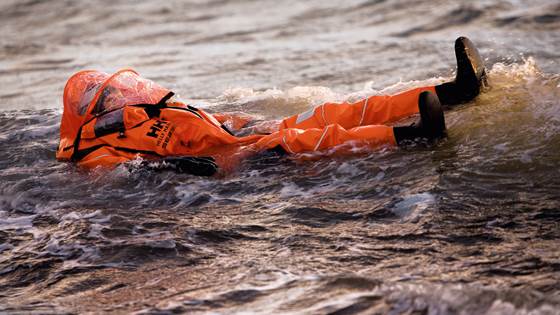
One of SINTEF's primary objectives is to provide a better in-depth understanding of how to assess, monitor and control safety and reliability. We analyze and develop new knowledge on the interaction between people, technology, organization...
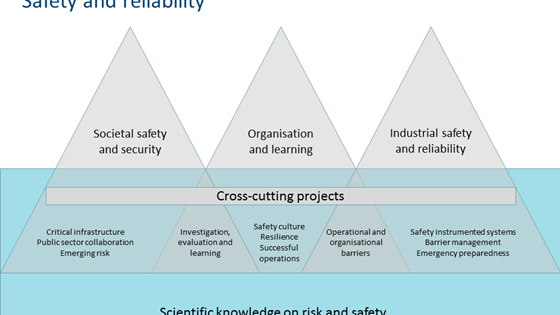
The demand for safety is increasing in modern society. In the research group Safety and Reliability, we see it as our mission to reduce the risk for loss of life in the world around us. We develop new knowledge and new solutions in the interface...
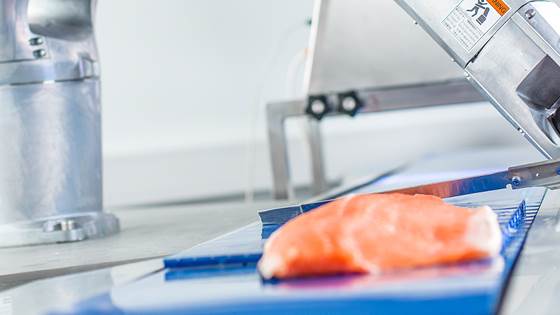
At SINTEF, we work with the development of innovative automated processes within seafood and food production.
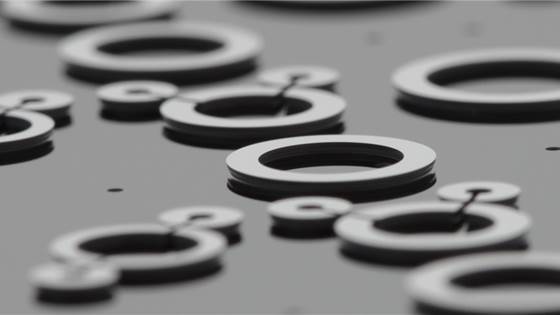
Sensors are the foundation of digitalisation and autonomy, whether they are used for robotics, heart rate monitoring or controlling industrial processes. Today, SINTEF is world leading in designing and building advanced sensor components and systems...

Smart Grids are the digitalised and smart power grids of the future.

Our aims are to assist in developing cities that are good to live in, and to promote massive services innovation
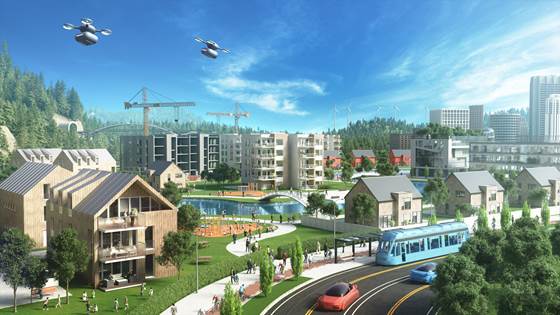
What is the most efficient way to use society's resources to create the highest possible welfare?

Research on societal security aims to strengthen society's ability to protect itself against and manage events that threaten fundamental values and functions, and endanger lives and health, whether these events are caused by nature, technical or...
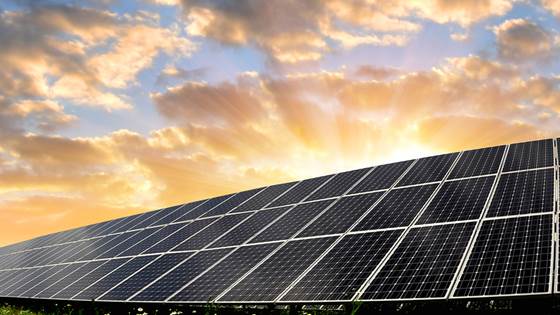
SINTEF is doing research to make solar energy more efficient, more competitive, and more environmentally friendly.

The transformation of the fossil-based energy sector with large greenhouse gas emission to clean energy is one of the greater global challenges.
The societal challenges linked to climate change, scarcity of resources and loss of biological diversity are very complex.
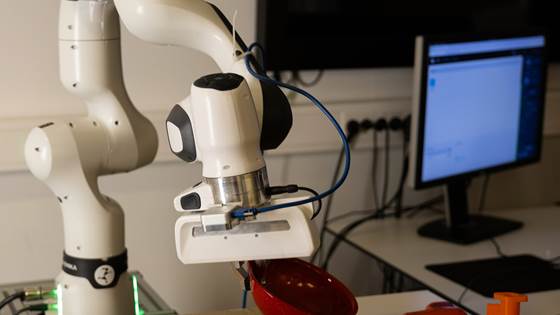
The greatest challenge of the global food system is providing enough food for everyone. Additionally, there is competition for resources such as land, water, and energy. A sustainable food system is one that ensures food security and nutrition for...

We identify measures that can reduce the number of people killed and injured in traffic.

The world record for long distance multiphase flow transport is 143 km – from the Snøhvit field to onshore. The multiphase flow transport of the future will take place over much longer distances. In order to achieve energy-effective "free flow...
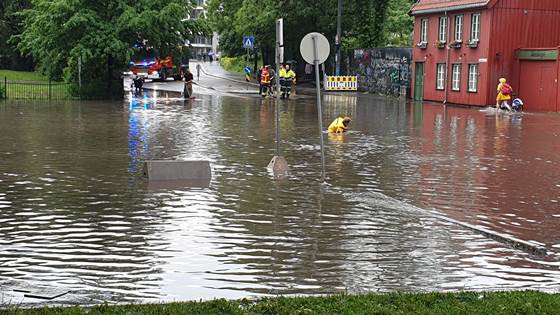
The world needs better water infrastructure and new solutions for safe and sustainable management, treatment, and water distribution.
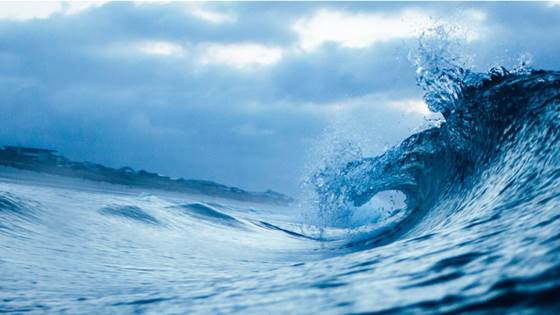
Wave energy research is the set of disciplines that contribute to the exploitation of wave power to generate electricity or other useful work. SINTEF provides expertise on several of these disciplines and develops research-based solutions towards the...